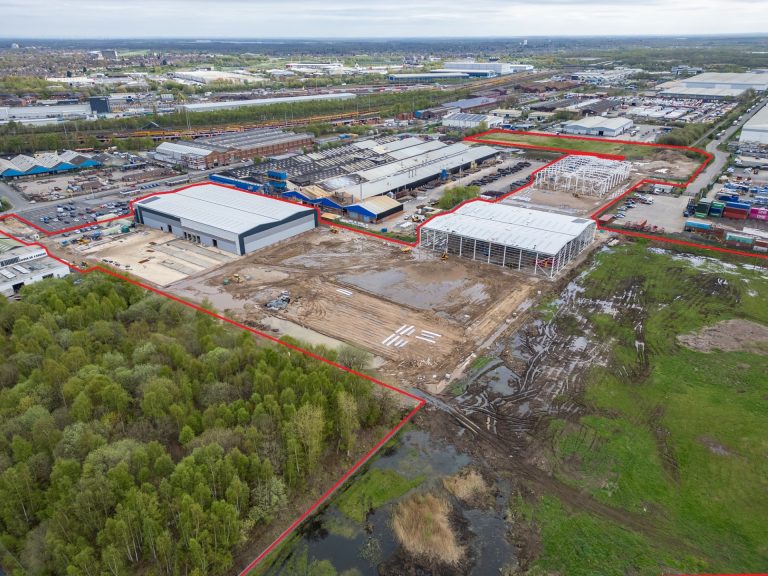One of the key indicators of a buoyant economy, the number of new businesses launching, once again fell across almost all regions and nations in March compared with the previous month, according to the latest research from the UK’s insolvency and restructuring trade body, R3. However, Yorkshire and the Humber saw one of the smallest month-on-month decreases.
The research, which is based on an analysis of data provided by CreditSafe, showed that the number of start-ups in Yorkshire and the Humber fell by just 4.7% between February and March 2024, with 5,132 start-ups launching last month. Although levels have decreased slightly in the region over the last quarter, the figures for March show that over 1,200 more businesses launched compared with December 2023.
In March 2024, only Northern Ireland saw a rise in start-ups since the previous month, with an increase of 19.4%. Scotland and Wales were the only other nations to perform more strongly than Yorkshire and the Humber, with falls of 1.1% and 4.2% respectively. In contrast, the greatest decreases were in the South East (-11.7%), Greater London (-11.6%) and the South West (-10.4%).
Looking at insolvency-related activity last month, Yorkshire and the Humber was one of five regions and nations to experience a fall since February. The region saw an 8% decrease in this type of activity (which includes liquidator and administrator appointments and creditors’ meetings) with 242 businesses here affected.
The most marked falls were in Greater London (-13.9%), the West Midlands (-9.6%) and the North East (-8.8%). In contrast, the largest increases were in the South West (up by 38.1%), Scotland (up by 31%) and East Anglia (up by 14.2%).
Eleanor Temple, chair of R3 in Yorkshire and a barrister at Kings Chambers in Leeds, said: “While the UK economic landscape looks far from rosy, it is certainly good news that Yorkshire and the Humber is holding its own, both in terms of levels start-ups and insolvency-related activity.
“Despite confirmation that the UK entered recession in the second half of 2023, there already appear to be some green shoots of recovery. Recent growth figures are encouraging, along with signs of a resurgence of the housing market and various consumer and business surveys suggesting that confidence is returning.
“Nevertheless, with GPD lower than before Covid and living standards continuing to fall, interest rates remain high and businesses continue to face a challenging economic environment. We urge business owners to keep a close eye on cash flow and seek advice from an insolvency expert at the first signs of financial difficulties.”












